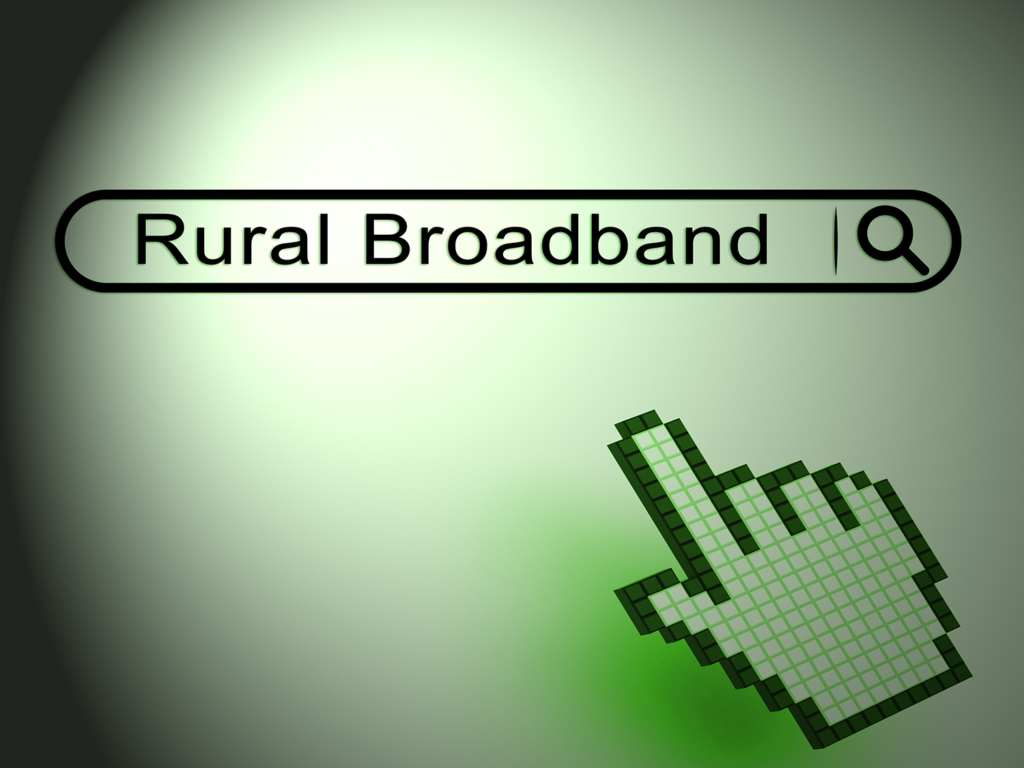“Investment in reliable high-speed internet for rural and underserved areas of the State is one of the best investments we can make for Maine.”
–Wilson Hess, Chair, Maine State Board of Education
Broadband is receiving a lot of attention in Augusta these days. I am very excited that Heather Johnson is the new Commissioner for the Department of Economic and Community Development. The Island Institute has worked with her for the last year as she ran the ConnectME Authority. Her background in both broadband and rural communities gives her a good perspective on the challenges facing the state.
The ConnectME Authority facilitates the universal availability of broadband to all Maine households and businesses and helps them understand the valuable role it can play in enriching their lives and helping their communities thrive. ConnectME is updating the scoring criteria for their infrastructure and planning grants to reflect lessons learned in the last grant rounds and to better align the scoring criteria with 25/3 as the new definition of unserved. The Island Institute and a few other partners helped inform this process, and we are curious about whether the new criteria are easier to work with or more friendly for community projects.
ConnectME has also done some mapping work and created a list of street addresses that it believes do not have access to broadband. These excel sheets are listed by county, and it is worth checking your community to see how well the data the state is starting to use tracks what is actually available. The link above includes a form you can fill out if you believe your address should be included. It is likely that this mapping work will help inform future funding decisions and therefore is worth paying attention to and shared with your neighbors and town leaders.
Speaking of funding for broadband, on February 19th the Appropriations and Financial Affairs Committee held a public hearing on two broadband bond bills. Over 20 trade associations, organizations, and community leaders testified about why expanded access to broadband is absolutely critical to their work. From education to healthcare to economic development, many who live or work in rural Maine see that without access to high speed, reliable internet, they are being left behind.
Community members from Georgetown, Chebeague, Penobscot, Blue Hill, and elsewhere, talked about local broadband committees and significant investments of time and resources in expanding important civic infrastructure like broadband. They also spoke of the financing challenges and relative lack of state funding to support action at the community level. If you are interested, here is the Island Institute’s testimony. From this work, it is clear that we still need strong state leadership to address slow, unreliable, or non-existent access to the internet, and we will hopefully be hearing a lot more about broadband in the future.
Below are a few other highlights from the hearing with links to the respective testimonies:
The State Board of Education talked about the “tremendous educational importance of closing the gap of broadband internet service to rural, unserved, and/or underserved areas of Maine” and how the lack of high quality internet hinders distance learning opportunities and ultimately student outcomes.
Speaker of the House Sara Gideon noted that “Broadband connectivity has become as basic a learning tool as a textbook, and a kid in Calais should have the same opportunity to wield that tool as a kid in Freeport does.” Senator Erin Herbig said that “In Waldo County, it is not uncommon to see kids parked outside a town library or high school at 9:00 or 10:00 at night trying to complete their homework or a college application because that is the only place they can connect to the internet.”
Looking beyond the K-12 education, online enrollment at the college level is up significantly and now accounts for nearly 1 in 5 credit hours provided by The University of Maine system. After highlighting that it is not unusual to see students sitting in parking lots after hours to access the internet, testimony from the University of Maine went on to say that the “[l]ack of high-speed broadband in their communities challenges too many of current adult students.”
Hospitals also strongly support expanded broadband, and the MaineCare program specifically covers telehealth services in its policies and payment procedures. According to Northern Light Health, (12,000 employees spread across nine hospitals, eight nursing facilities, and a variety of other programs), “advancing technology is the most cost-effective opportunity we have to increase access to a variety of health care services for the citizens of rural Maine.” AARP and the Maine Hospital Association also touted the importance of broadband to accessing telehealth services and supporting aging in place.
Broadband is not just about education or telehealth. Hospitality Maine (formerly the Maine Restaurant Association and Maine Innkeepers Association) noted the difficulty that visitors who are used to good internet service have when they visit rural Maine and that in their industry “being connected to work on vacation has become more and more necessary.” The Maine Farm Bureau commented that 35 years ago the fax machine revolutionized how farmers conduct business, and Maine farmers are missing out on the benefits of broadband, including significant advancement in precision farming and production capabilities that are becoming increasingly common in the rest of New England. For farmers, “it is urgent and necessary for high-speed internet to be available throughout rural Maine in order for Maine businesses to compete in the national and global marketplaces.”
I’ll periodically post updates on the progress of broadband expansion throughout the state. In the meantime, please contact me if you have any questions.
Nick Battista
Senior Policy Officer
nbattista@islandinstitute.org


